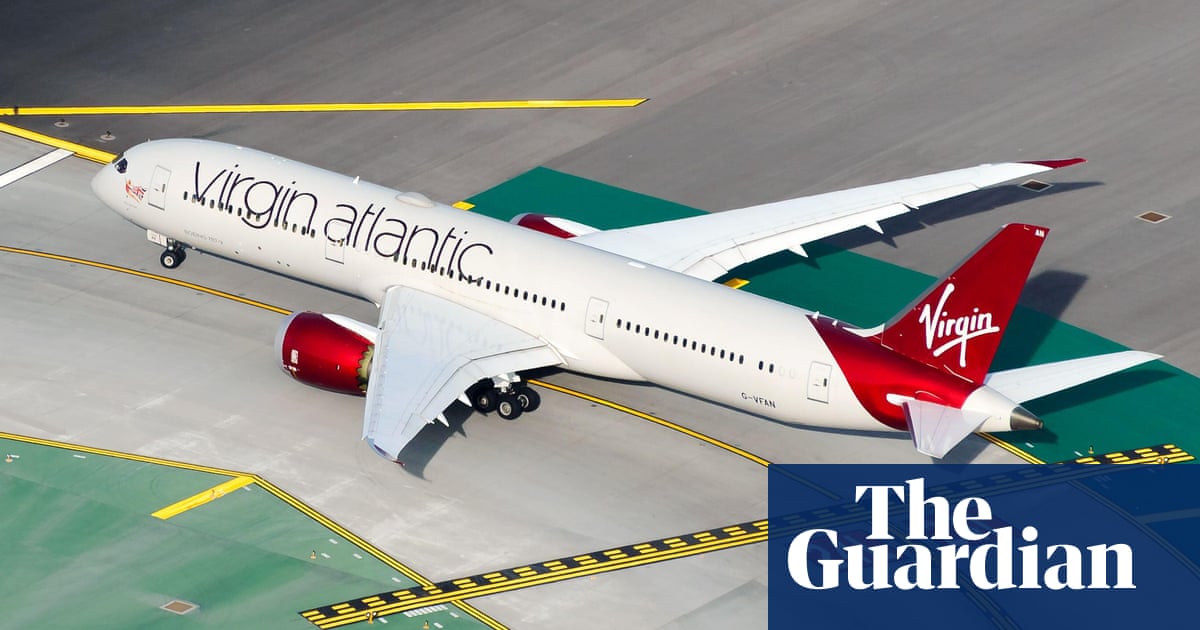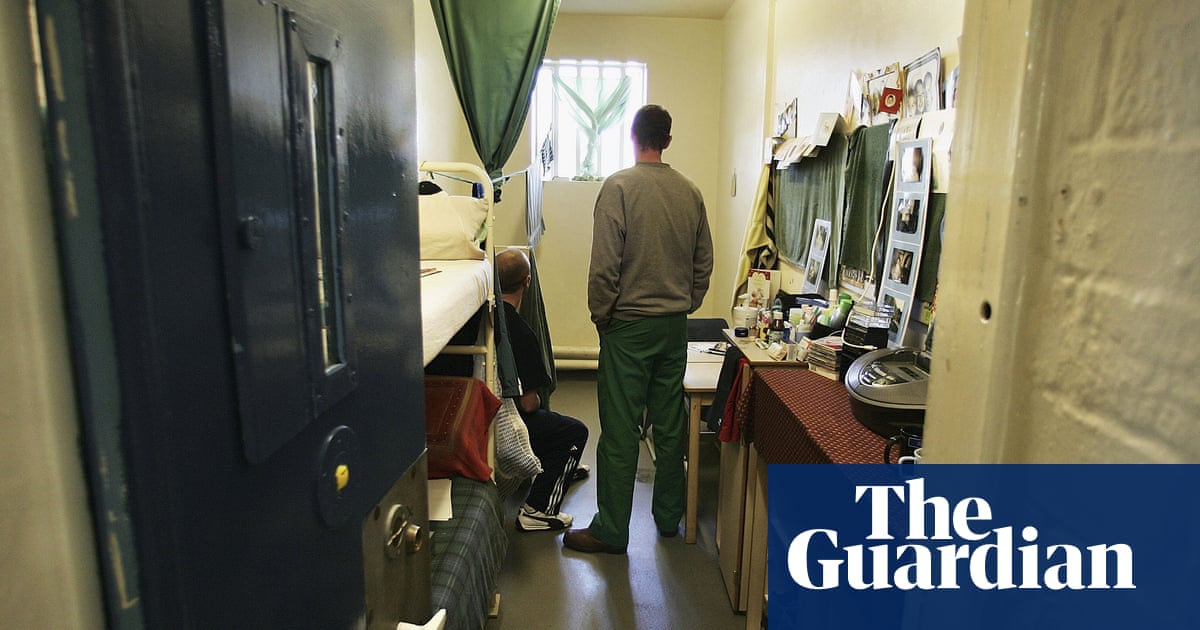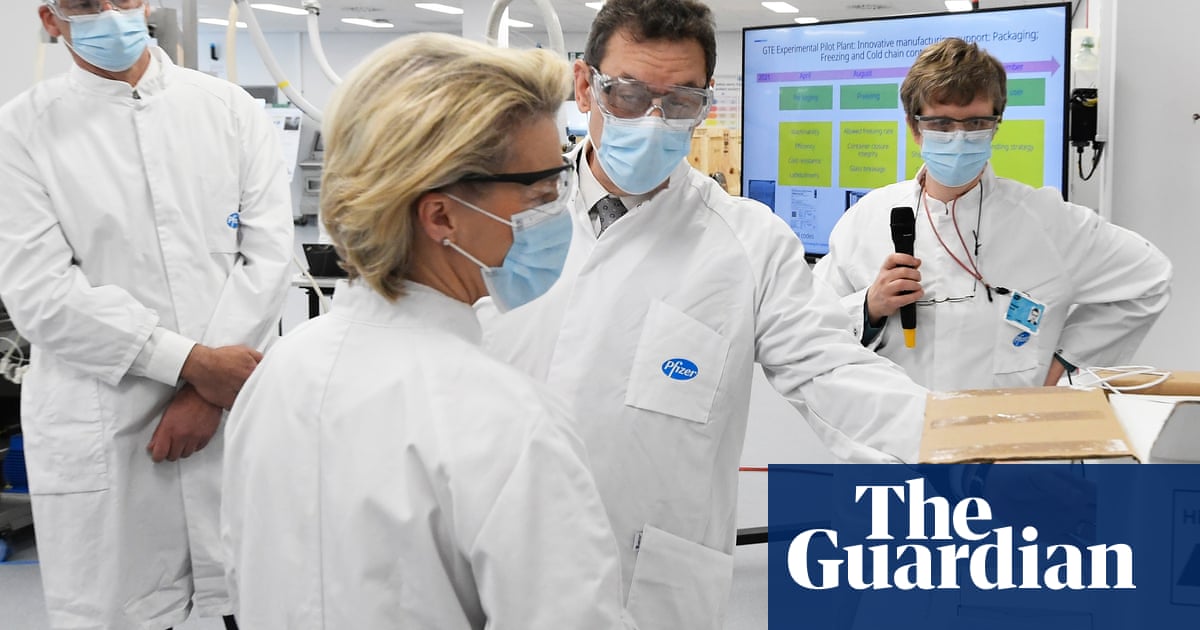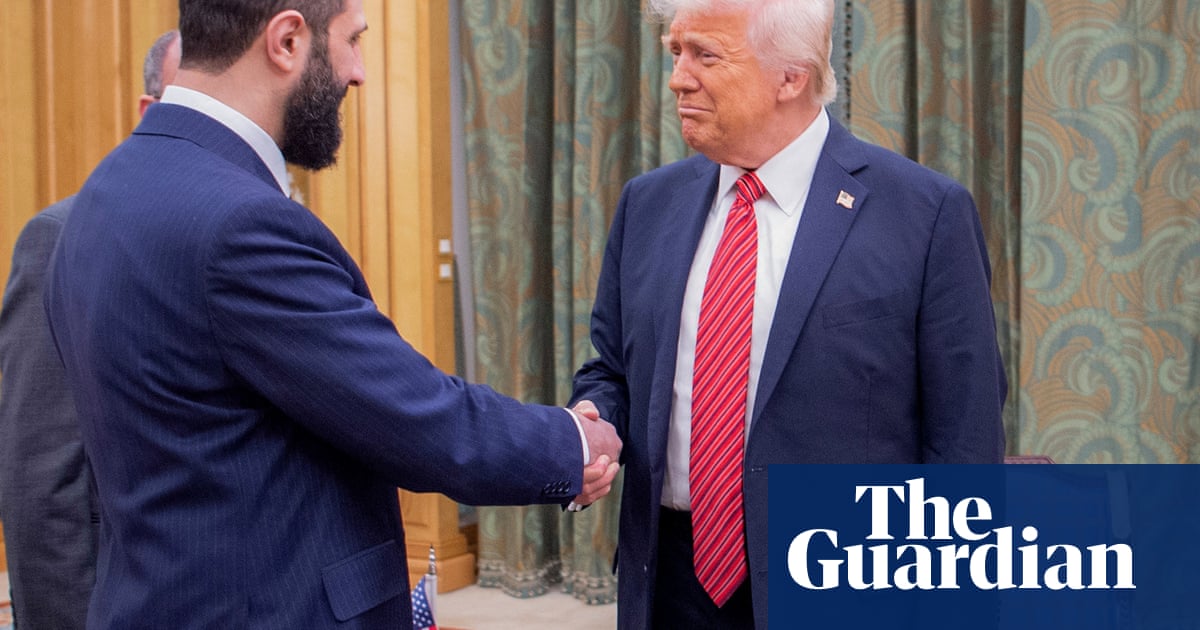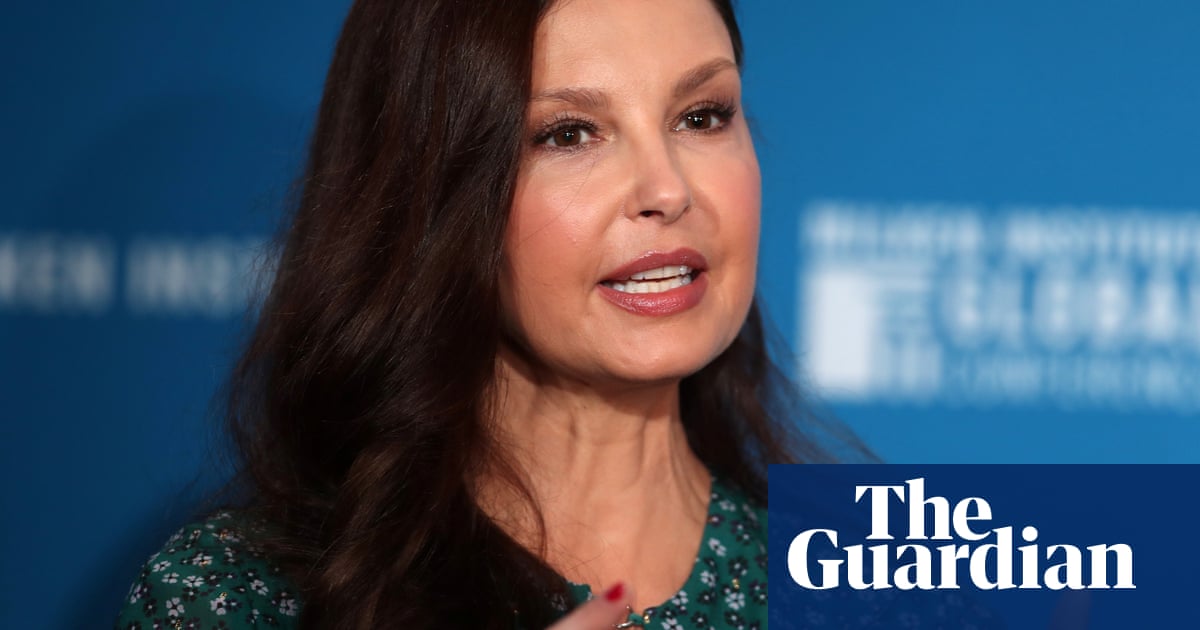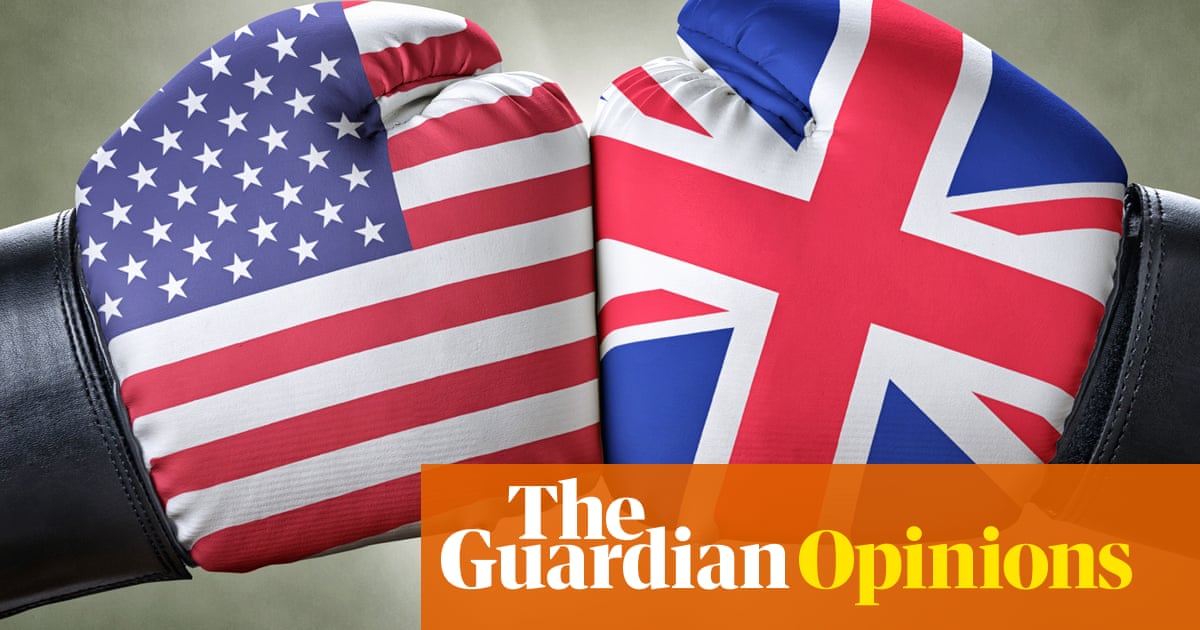Key events Show key events only Please turn on JavaScript to use this feature

Sarah Butler
Here’s a bit more detail on Burberry’s sweeping job cuts.
Joshua Schulman, the chief executive of Burberry, said the majority of the 1,700 cuts would be at the group’s head offices around the world – led by London – but jobs would also go by reorganising staff rotas in stores and dropping one shift at its factory in Castleford.
He said the change in Castleford, which is expected to affect about 150 jobs, came ahead of a “significant investment” in the second half of this year in the factory.
For a long time we have had over capacity at that facility and that’s simply not sustainable at this point. We are making this change to safeguard our UK manufacturing and will be making a significant investment in renovating the factory [later this financial year].
Tui has stuck to its profit outlook for this year, despite a small dip in summer bookings which it blamed on the late timing of Easter.
The travel operator said people had booked their summer holidays later because of the later Easter holidays this year. Its summer bookings dipped by 1%, but it raised its prices by 4%. Winter bookings were up b 2% with prices also 4% higher year-on-year.
Tui is expecting revenues to grow by 5% to 10% this year, resulting in underlying profit growth of 7% to 10%.
The Canary Islands, Egypt, mainland Spain and the Cape Verde Islands remained the most popular short- and medium-haul destinations, while Mexico, the Dominican Republic, Thailand and the United Arab Emirates were the main winter destinations.
The Tui chief executive, Sebastian Ebel, said:
The environment was challenging. And the second half of the year will also remain demanding for the overall economy in Europe. Our integrated and diversified business model with its activities in Europe and increasingly also outside Europe, proved its worth again in the second quarter.
We are offering more and more products in more destinations for existing and new customers… More individuality, flexible options and the proven security of package holidays are the strengths of dynamically sourced travel offerings.
He said customers want more flexibility and greater choice, and the company is working to expand its app and its tour operating business.
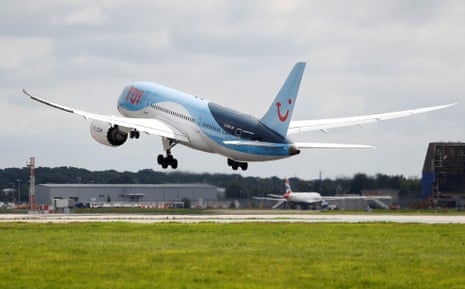
Burberry to cut 1,700 jobs worldwide
Burberry said it could cut 1,700 jobs worldwide by 2027, as the struggling UK fashion brand grapples with a downturn in luxury spending that pushed it into the red.
The company, known for its signature trench coats and beige, black, red, and white check, reported a pre-tax loss of £66m for the year to 29 March against a profit of £383m the year before. Revenues slumped by 15% to £2.5bn at constant exchange rates.
As part of its turnaround plan, Burberry is slashing a further £60m costs, as it aims for total cost savings of £100m a year. This will affect 1,700 jobs around its global offices. Burberry employed around 9,300 people around the world last year.
The company hired Joshua Schulman, the former boss of the US fashion brands Michael Kors and Coach, as chief executive last July in a bid to revive its fortunes.

Introduction: China criticises UK-US trade deal; Aviva's £3.7bn acquisition of Direct Line faces competition inquiry
Good morning, and welcome to our rolling coverage of business, the financial markets and the world economy.
China has reportedly taken aim at last week’s trade deal between the UK and US that could be used to squeeze Chinese products out of Britain’s supply chains.
The deal - the first struck by Donald Trump’s administration since announcing sweeping tariffs last month - was announced on Thursday, and includes strict security requirements for Britain’s steel and pharmaceutical industries. It could make it harder for London to rebuild relations with Beijing.
Beijing said it is a “basic principle” that agreements between countries should not target other nations. China’s foreign ministry told the Financial Times:
Co-operation between states should not be conducted against or to the detriment of the interests of third parties.
Britain’s competition watchdog is reviewing Aviva’s proposed £3.7bn acquisition of its smaller insurance rival Direct Line to see whether it poses any competition concerns.
The deal would combine the companies’ UK insurance operations – covering a wide range of products such as car and home insurance.
The Competition and Markets Authority (CMA) is assessing whether the deal may lead to a “realistic prospect of a substantial lessening of competition”. It has 40 days to review the deal.
If it finds no competition concerns following its “phase 1 review”, it will clear the transaction. If the CMA finds concerns and considers that the merger needs a full phase 2 investigation, the two companies will have an opportunity to propose remedies to address such concerns.
The Agenda
-
12.00pm BST: US MBA mortgage applications
-
3.30pm BST US EIA crude oil stocks

.png) 4 hours ago
5
4 hours ago
5
